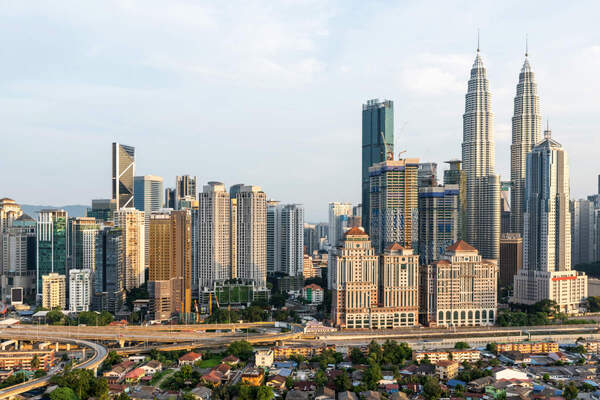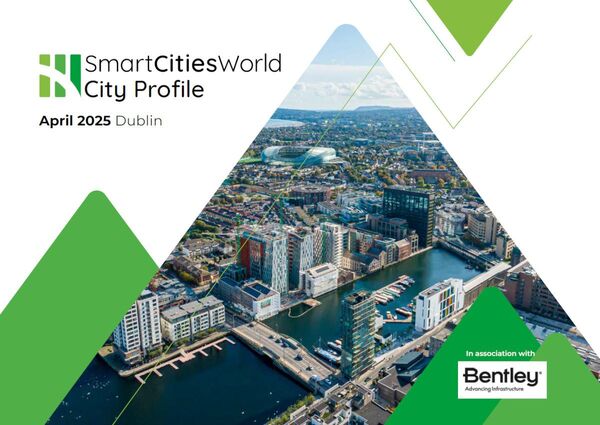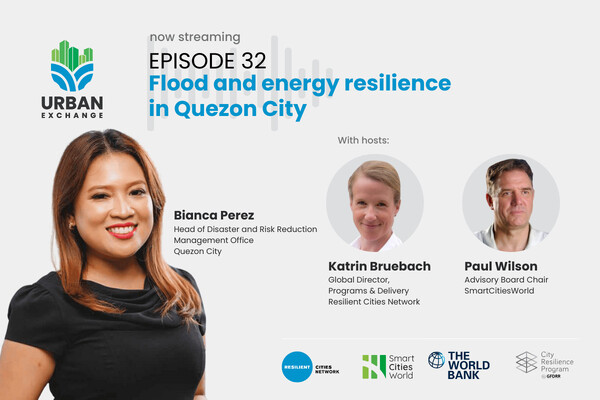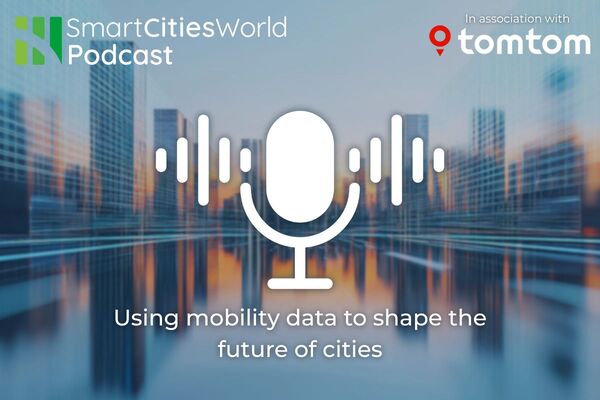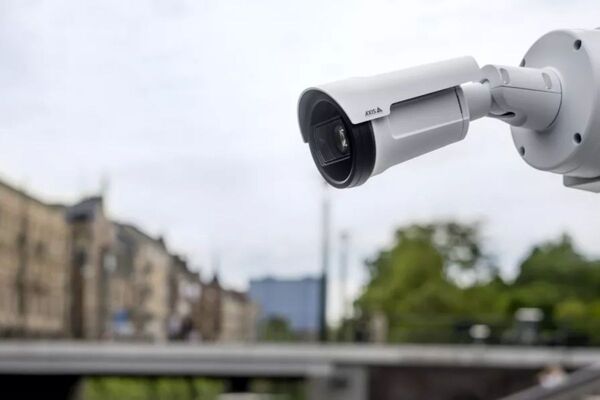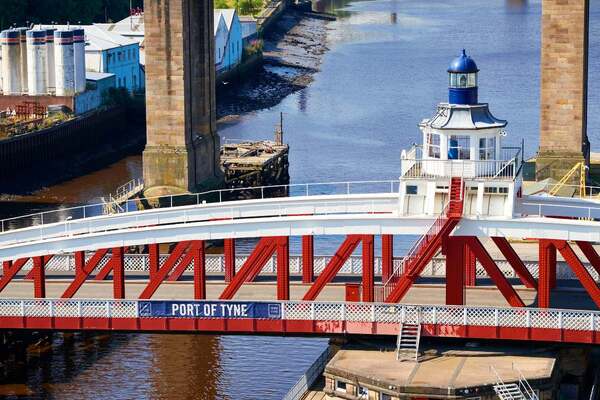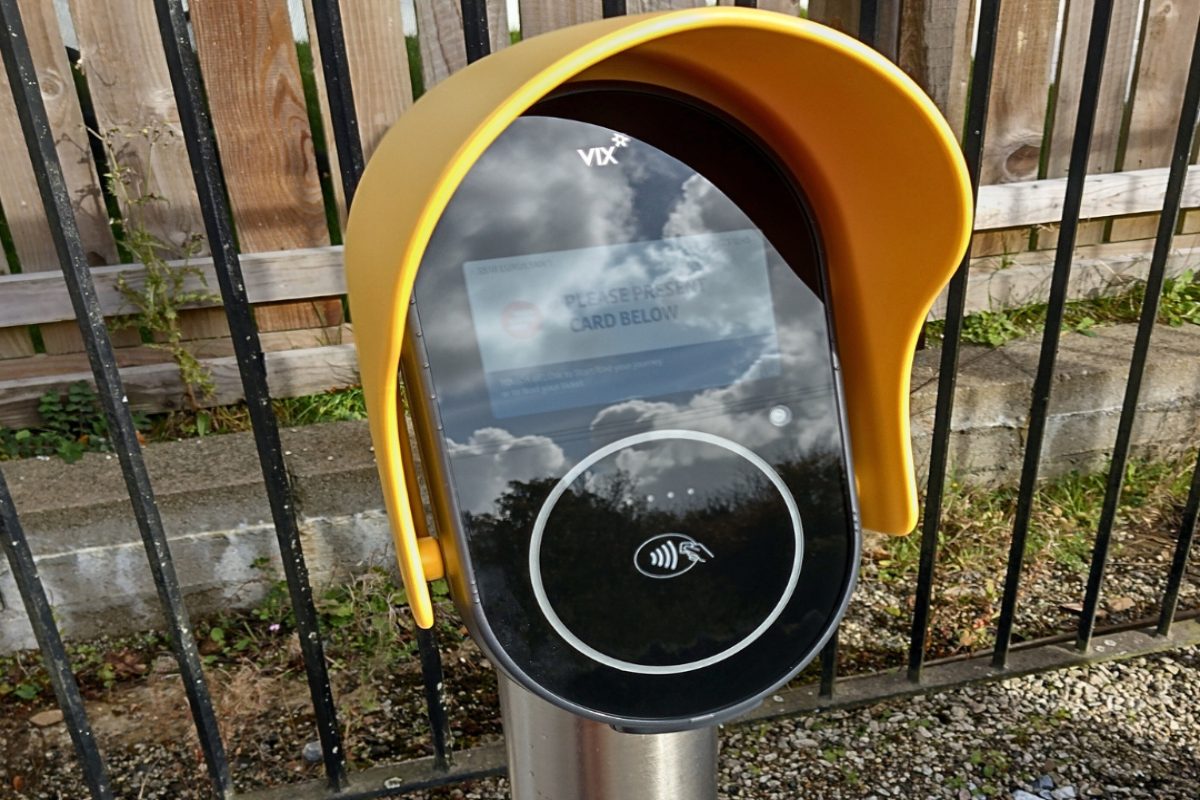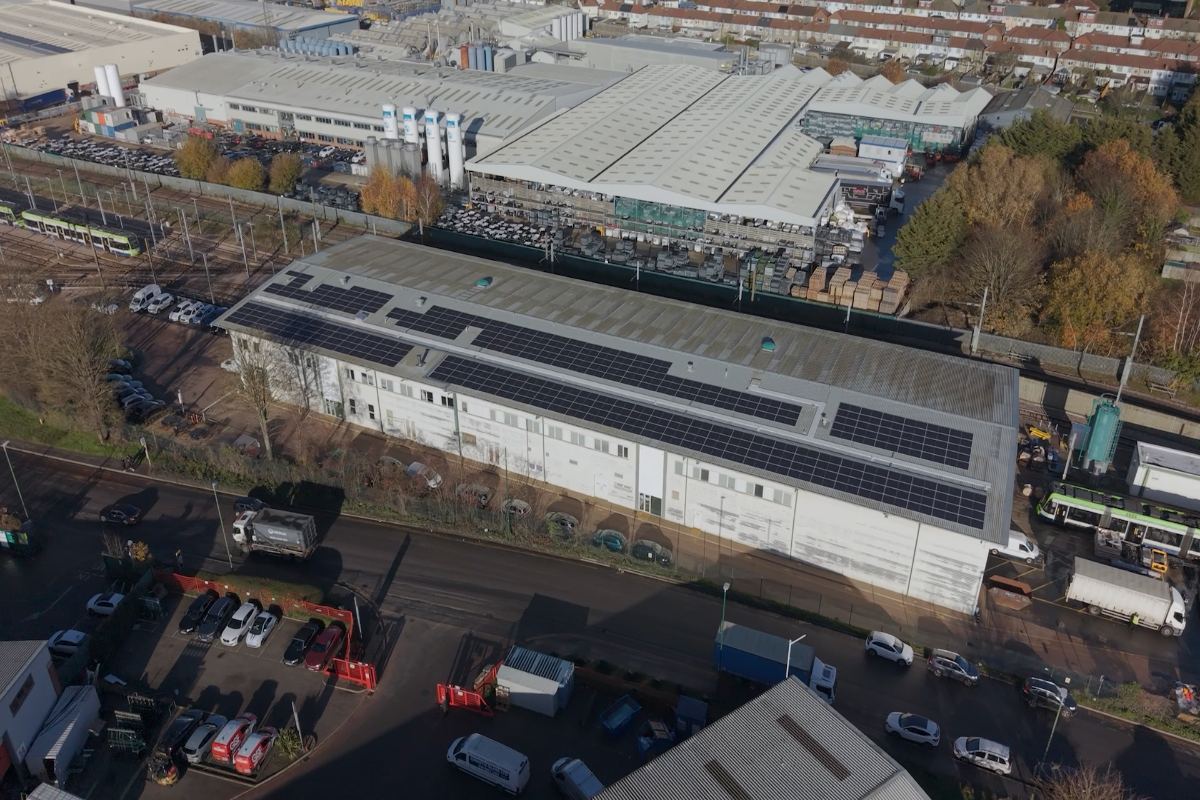Opinions
Beyond video: how cameras as IoT sensors are changing city safety operationsSponsored by Axis Communications
Building smarter cities: scaling sustainability and efficiency with smart city platformsSponsored by ST Engineering
Why the end to BST means an increase in weather-related car accidents by Dr Graham Cookson, chief economist, EMEA, INRIX

It’s that time of year again – with the clocks set to go back an hour, this weekend marks the official end of British Summer Time and with that winter is well on its way.
Considering poor weather is no shock to anyone living in the UK at this time of the year, we Brits are obsessed with the weather. Research has found that 94 per cent of British respondents admitted to having talked about the weather in the past six hours, with almost 40 per cent claiming to have mentioned it in the past hour. We often use comments and discussion about weather as an ice breaker, a way to fill an awkward silence or a way to divert the conversation away from an uncomfortable topic.
Despite talking about weather repeatedly, how many of us talk about the weather in relation to the road conditions on our drive to work, as opposed to the impact it has had on your current outfit choice? This may sound a little odd but there is good reason to be aware of the impact the changing seasons can have on our roads.
What the expected poor weather can mean is that drivers will be more susceptible to accidents – resulting in physical harm, damage to property and significant congestion and delay. Weather related accidents have a huge impact on travellers around the world, leading to 8,000 European weather-related auto accident fatalities each year – that’s 30 per cent of auto accidents in total.
And the data doesn’t lie. As outlined in the Government’s Road Casualties in Great Britain: quarterly provisional estimates year ending March 2016 report, with the statistics showing that bad weather has a strong influence on casualty numbers. According to the report, quarterly casualty figures (which increased for all road user groups in the first quarter of 2016) are prone to fluctuation as they are strongly affected by external factors such as the weather.
As well as human cost, these fatalities carry a significant economic burden. At INRIX, we found each road accident fatality in the UK to value a staggering 1.836 million GBP. If you apply this value across Europe it implies that the total cost of weather-related road deaths tops £15 billion per year. To put this into perspective, this is equivalent to building 1,000 schools a year. In the UK alone, the estimated economic cost of weather-related road accidents is well over £1 billion per annum.
So what’s the best solution?
Well of course, drivers should keep safe on the roads in poor weather conditions, whilst road agencies should ensure road conditions stand up to these seasonal changes. Although it sounds obvious, it’s never been more important from a human or economic perspective.
This is especially true while we wait to see what impact technologies such as driverless cars will have on preventing accidents. Whilst driver error can cause an overwhelming number of crashes, we’re still a long way from replacing human drivers.
In the meantime, technology and data have the ability to significantly reduce these deaths at a fraction of their multi billion pound cost. Businesses, road agencies and manufactures should look to provide tools which analyse adverse road conditions and provide weather forecast modelling to give drivers important and timely information needed to adjust their journey, plan for dangerous driving conditions, and avoid anticipated traffic congestion which can lead to accidents.
One way of doing this is by providing systems that use connected vehicle sensor data, like wind screen wipers and fog lights, to report road weather conditions and alert other drivers of potentially dangerous situations. Using tools like these is another innovative step in the continuation of leveraging massive amounts of big data and leading-edge technology to make connected cars safer and our roads safer.
Taking advantage of a broad set of public and private data sources, real-time vehicle sensor data, and weather forecast modelling will help keep drivers and their vehicles informed of dangerous road conditions ahead.
Professor Graham Cookson is the Chief Economist (EMEA) of INRIX and a visiting professor of economics at Surrey Business School, University of Surrey.
He joined Inrix in 2016 and leads the company’s industry-leading economic research team in Europe, a recognised voice of impartial, data-driven analysis of transportation and connected car services.
Graham and the INRIX Research team leverages INRIX’s 500 Terabytes of data from 275 million different sources covering over 5 million miles of road to produce valuable and actionable insights for policy makers, transport professionals and drivers.
In addition, he leads on the development of INRIX’s industry-leading annual Traffic Scorecard, and the newly developed Parking Scorecard. Graham has presented to various government agencies and at numerous industry conferences, and has been widely quoted in national and local media.
Prior to joining INRIX, Graham was Chair of Department and Professor of Economic & Public Policy at the University of Surrey (UK). He has a Bachelor of Arts in Philosophy, Politics & Economics from the University of Oxford, a Postgraduate Certificate from King’s College London and a M.Sc. and Ph.D. in Econometrics from Imperial College London. He is fellow of the Royal Statistical Society and a member of the Royal Economic Society. Follow Graham on Twitter @grahamcookson and on LinkedIN at www.linkedin.com/in/gcookson
If you enjoyed this, you might like the following:
Data is the relief for parking pain
The real benefits of smart parking only accrue when most of the parking spaces in a city are connected
smartcitiesworld.net/opinions/opinions/data-is-the-relief-for-parking-pain-by-prof-graham-cookson-chief-economist-emea-inrix
Why not try these links to see what our SmartCitiesWorld AI can tell you.
(Please note this is an experimental service)
How can connected vehicle sensor data improve road safety in bad weather?What economic benefits result from reducing weather-related road accidents?How does real-time weather forecasting influence driver decision-making?In what ways can technology help mitigate congestion caused by accidents?How might driverless cars impact future weather-related accident rates?

